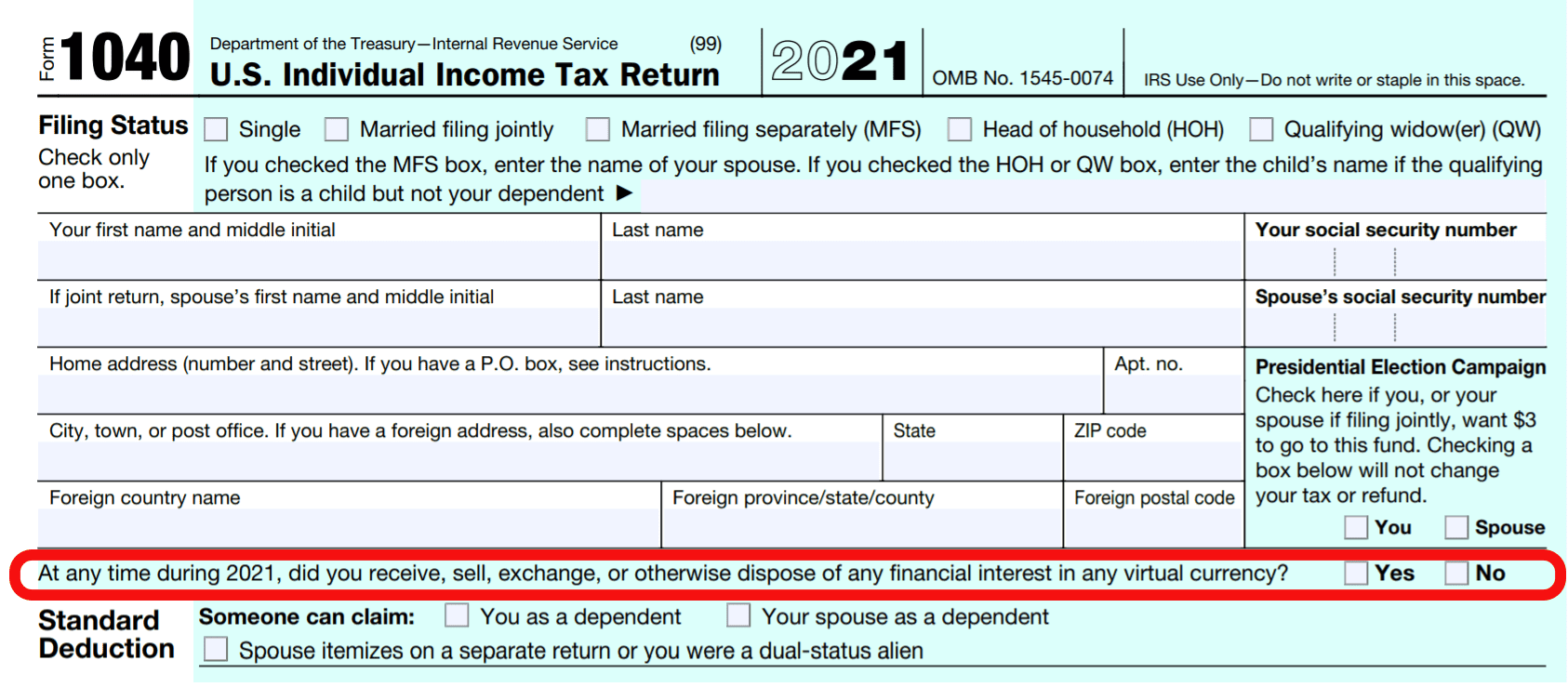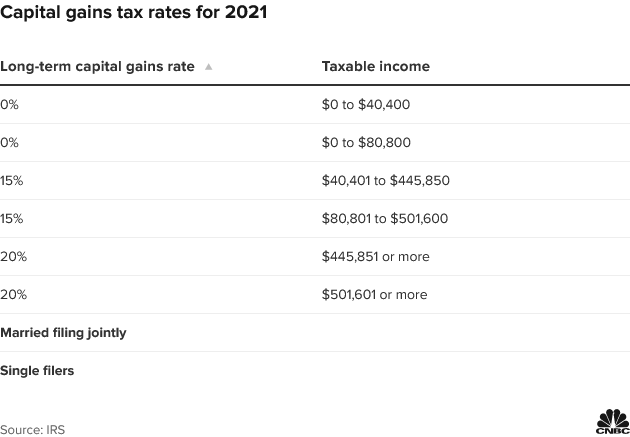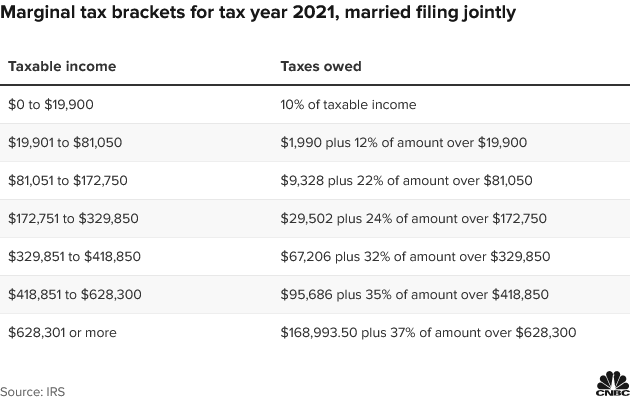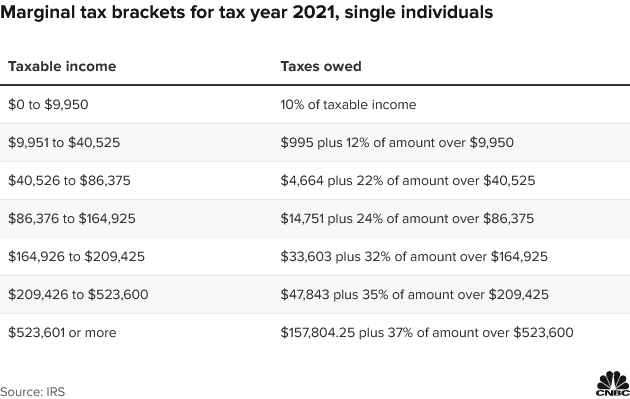More On: crypto tax
Don't Forget to Report Your Crypto Transactions to the IRS by the 2021 Tax Deadline
On tax return, there's a hard crypto question. 'If you don't report it, you're playing with fire.'
Investors may be affected in the following ways by the recent IRS guidance on the treatment of cryptocurrency gains and losses
How to Make a Crypto Tax Report Using Crypto.com Tax
The Internal Revenue Service has issued a caution regarding how to answer the cryptocurrency question on your tax return's front page. Here's how you should answer.
Regardless of whether you "engaged in a transaction" in 2021, you'll have to answer a yes-or-no question about virtual currency, according to the agency.
According to Tommy Lucas, a certified financial planner and enrolled agent with Moisand Fitzgerald Tamayo in Orlando, Florida, the improper response could cause your return to be flagged.

The question reads: “At any time during 2021, did you receive, sell, exchange or otherwise dispose of any virtual currency?”
You may respond no if you bought and held cryptocurrency with U.S. dollars, or transferred digital assets between your wallets.
However, you’ll need to say yes if you sold crypto, exchanged one virtual currency for another, used it for purchases, received it as payment, acquired it through mining or staking and more.
“If you check yes, you’re flagging yourself, and the IRS is going to be looking for some sort of capital gain or loss on your Schedule D,” Lucas said, explaining how a mismatch may trigger a manual IRS review.
There may be bigger issues if you have taxable activity and answer no, experts say.
“That’s where the hammer comes down because they can say that you lied on a government document under penalties of perjury,” said Ryan Losi, a Richmond, Virginia-based CPA and executive vice president of accounting firm PIASCIK.
If you’re unclear on reporting, you may seek guidance from a tax professional with crypto expertise. But it may become more challenging as the April 18 deadline approaches.
What to know about crypto taxes
Cryptocurrency may be subject to capital gains when exchanged or sold at a profit. Swapping digital coins, cashing out for U.S. dollars or even making a purchase may be taxable events, Losi explained.
The gain or loss is the difference between your purchase price, known as basis, and the value when selling or exchanging, and your tax rates depend on the length of ownership.
If you held digital assets for more than one year, you might qualify for long-term capital gains rates of 0%, 15% or 20%, depending on your taxable income.
However, many crypto investors sell or exchange more frequently, according to a CNBC survey, triggering short-term capital gains, levied at regular income tax rates, up to 37% for top earners.
What’s worse, figuring out your basis to calculate your crypto tax bill may not be easy with limited reporting from digital currency exchanges.
Failure to report
If you don’t report taxable crypto activity and face an IRS audit, you may incur interest, penalties or even criminal charges.
It may be considered tax evasion or fraud, said David Canedo, a Milwaukee-based CPA and tax specialist product manager at Accointing, a crypto tracking and tax reporting tool.
While the chances of IRS scrutiny are lower due to limited staffing at the agency, officials may pursue larger amounts of money, he said.
You’re playing with fire if you don’t report it.David CanedoTax specialist product manager at Accointing
For example, there’s a big difference between buying bitcoin in 2012 and cashing out millions of dollars in 2021 versus small trades for $100 profit, Canedo said. But you have to disclose everything regardless.
“You’re playing with fire if you don’t report it,” he said.
Although the IRS has a three-year lookback for errors, there is no statute of limitations for fraud, Canedo said.
Another risk is whistleblowers, who can report missing activity to the IRS for a percentage of penalties collected, Losi from PIASCIK said.
“The No. 1 way the IRS finds out about tax cheats is a former business partner or former spouse,” he said.
-----
Related Video:
** Information on these pages contains forward-looking statements that involve risks and uncertainties. Markets and instruments profiled on this page are for informational purposes only and should not in any way come across as a recommendation to buy or sell in these assets. You should do your own thorough research before making any investment decisions. All risks, losses and costs associated with investing, including total loss of principal, are your responsibility. The views and opinions expressed in this article are those of the authors and do not necessarily reflect the official policy or position of USA GAG nor its advertisers. The author will not be held responsible for information that is found at the end of links posted on this page.














